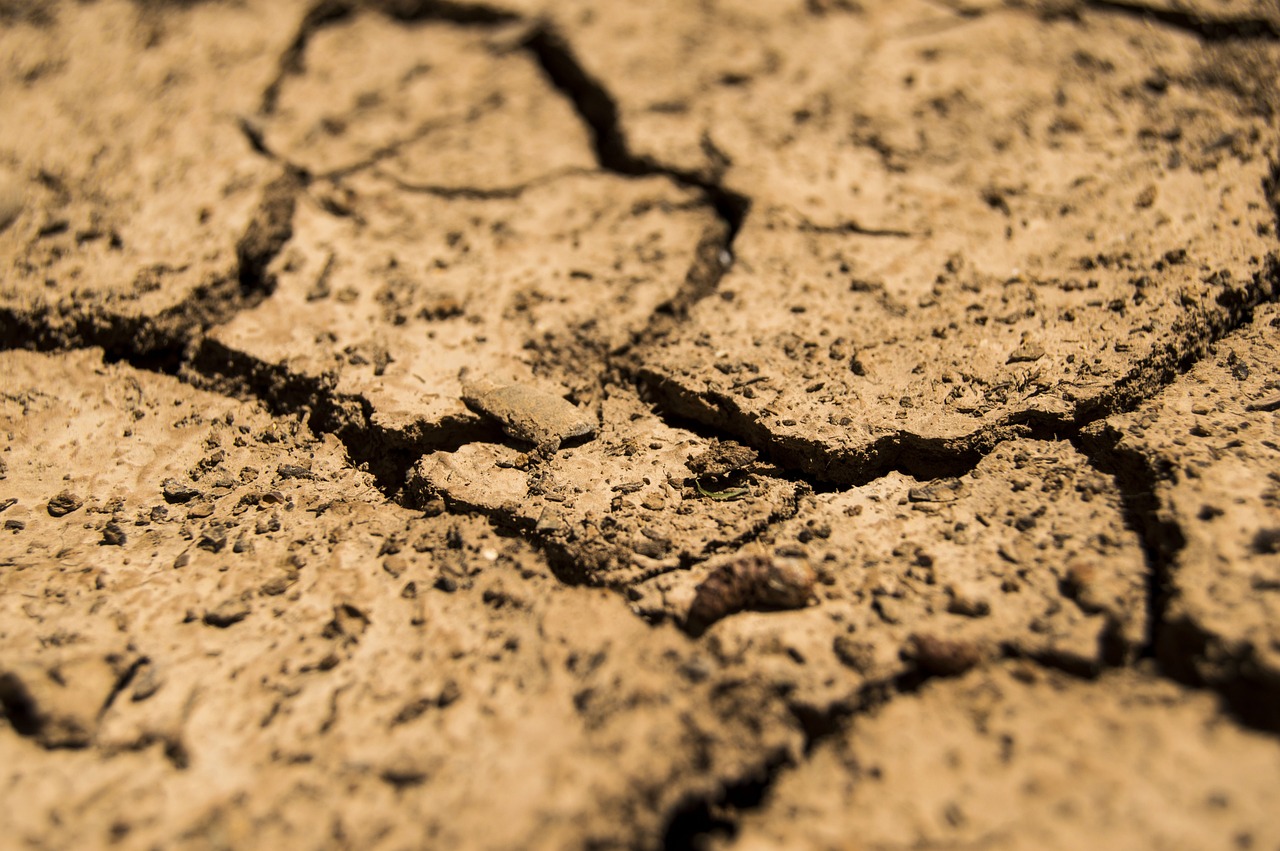Article Title:Agriculture and dental caries? The case of rice in prehistoric Southeast Asia
Abstract:
The agricultural transition has long been recognized to have been a very important period in human prehistory. Its timing and consequences, including the effects on human health, have been intensively researched. In recent decades, this has included the idea that there is a universal positive correlation between the adoption of agriculture based on a carbohydrate staple crop and dental caries prevalence. Tis is mainly based on evidence from America, where maize was the staple crop. On the basis of evidence from prehistoric skeletal samples from a series of prehistoric sites in Southeast Asia, this correlation does not appear to apply in areas of the world where the staple crop is rice. Although we have looked only at dental caries, we suggest that caution be applied in the drawing of inferences about subsistence changes from dental health. Patterns reflecting the adoption of one starchy staple are not necessarily applicable to all such crops.
Keywords: rice; agriculture; dental caries; prehistory; Southeast Asia
DOI: 10.1080/004382400409899
Source:WORLD ARCHAEOLOGY
Welcome to correct the error, please contact email: humanisticspider@gmail.com



